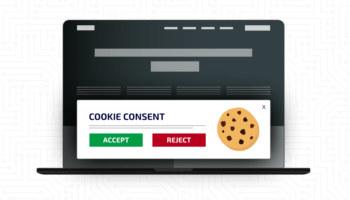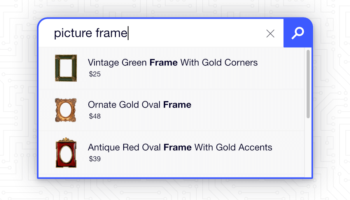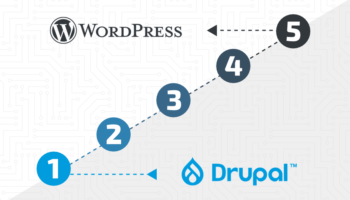The decision has been made to create your new website in a Content Management System (CMS). You will be able to edit content, add new pages, and easily manage news feeds. So how do you get to that point? You can’t just close your eyes and pick a CMS. Looking at sites like CMS Matrix can be overwhelming once you see that there are hundreds of CMSs out there. Where do you even start?
Pre-Requisites
Before you even begin looking at CMSs, create a list of requirements for your website. Develop scenarios of how you will be updating your site. Who will be adding content? If there is more than one person then you will need a CMS that allows for multiple user accounts.
Will you be adding a lot of videos? Include media integration in your requirements. Make a list of what is necessary for everyday functionality of the CMS.
Don’t get caught up on things that would be nice, such as having a specific photo gallery. Crossing a CMS off the list because it is missing a small extra feature can sometimes eliminate the best solution when it comes to the bigger picture.
Who will Implement the CMS?
Now that you have your requirements list prepared, it is time to find a CMS provider that fits with your vision. If you have knowledge about creating websites there are many do-it-yourself options available. You download the CMS package, upload it to your server, and follow the instructions to install and customize. If that seems outright terrifying, there are many consultants and companies that will install custom or out-of-the-box solutions for you. This is often a great solution because consultants can help guide your choice and will configure everything properly. Just make sure that they are knowledgeable and are able to implement all of your requirements into their CMS!
Important Considerations
Whether you choose and implement the CMS yourself or hire a consultant to help you with the decision, make sure that the following important features are included in your CMS:
- Easy administration area: once logged in, the interface should be intuitive so that you can quickly update and add the content you need.
- Ability to template and customize: You want your site to look unique, so a CMS that does not allow for complete design and layout changes should be ruled out.
- Allows for custom functionality and plug-ins: There should be availability to have custom applications installed or to upload plug-ins to that can enhance your site.
- Good support: If you come across a problem with your CMS you should be able to get help when you need it. This support needs to be available during the entire time you are using the CMS, as well as upgrades and security updates.
It Is All About You!
Above all remember that you are the one who is using the CMS in the end! Always demo a CMS before implementing it to make sure it is the best solution for your needs. Keep your requirements in sight and don’t let a consultant convince you that one of your requirements is not important because you are the one who will be working with the CMS everyday in the end.





